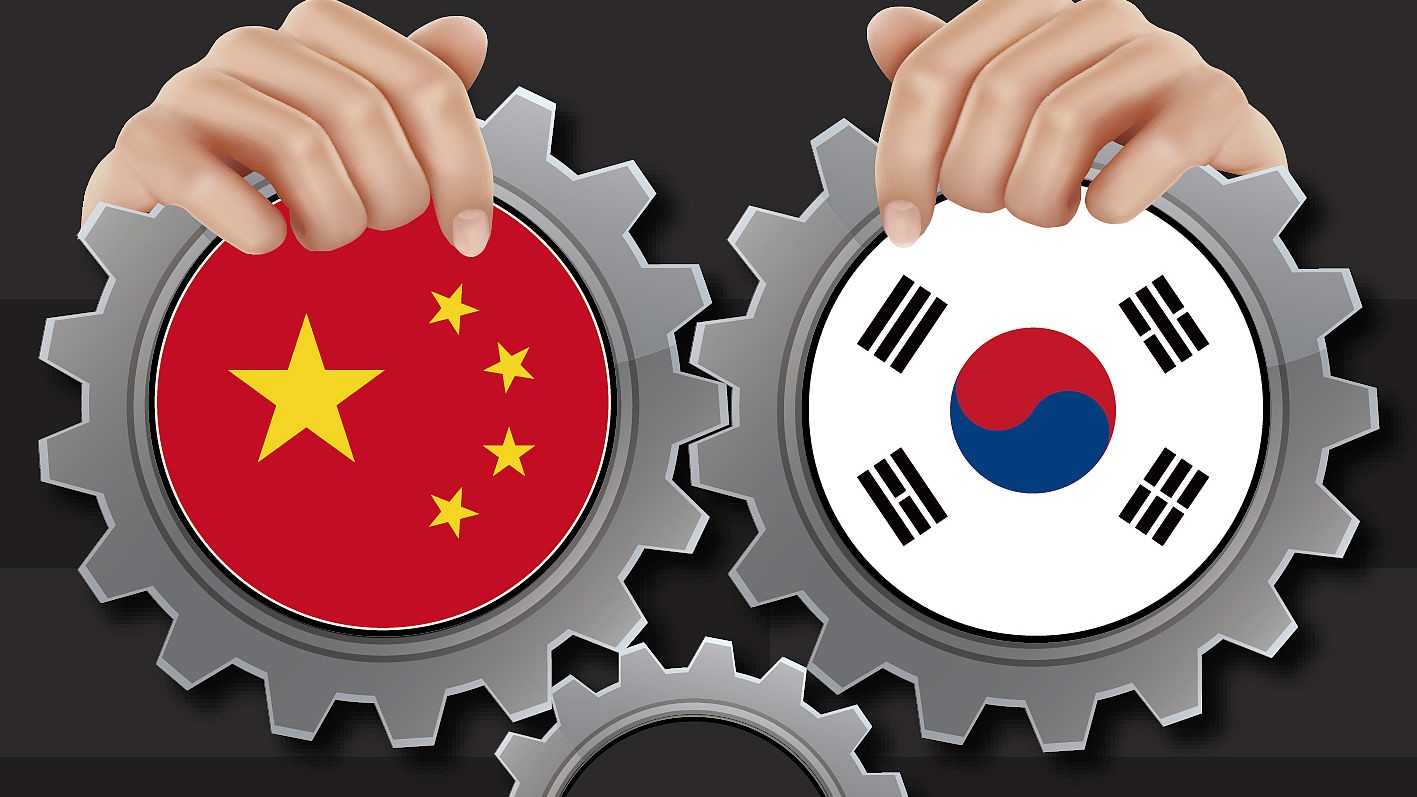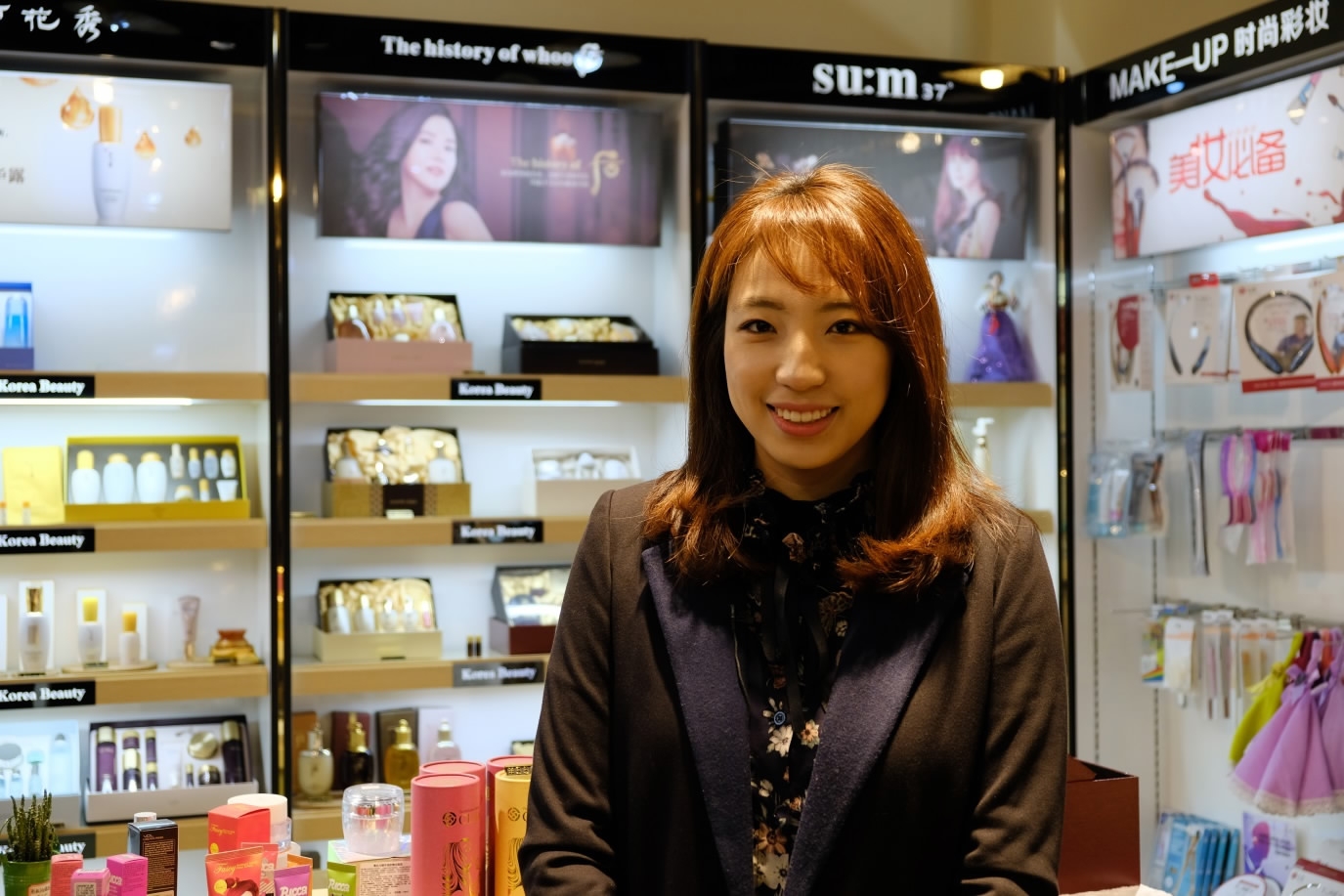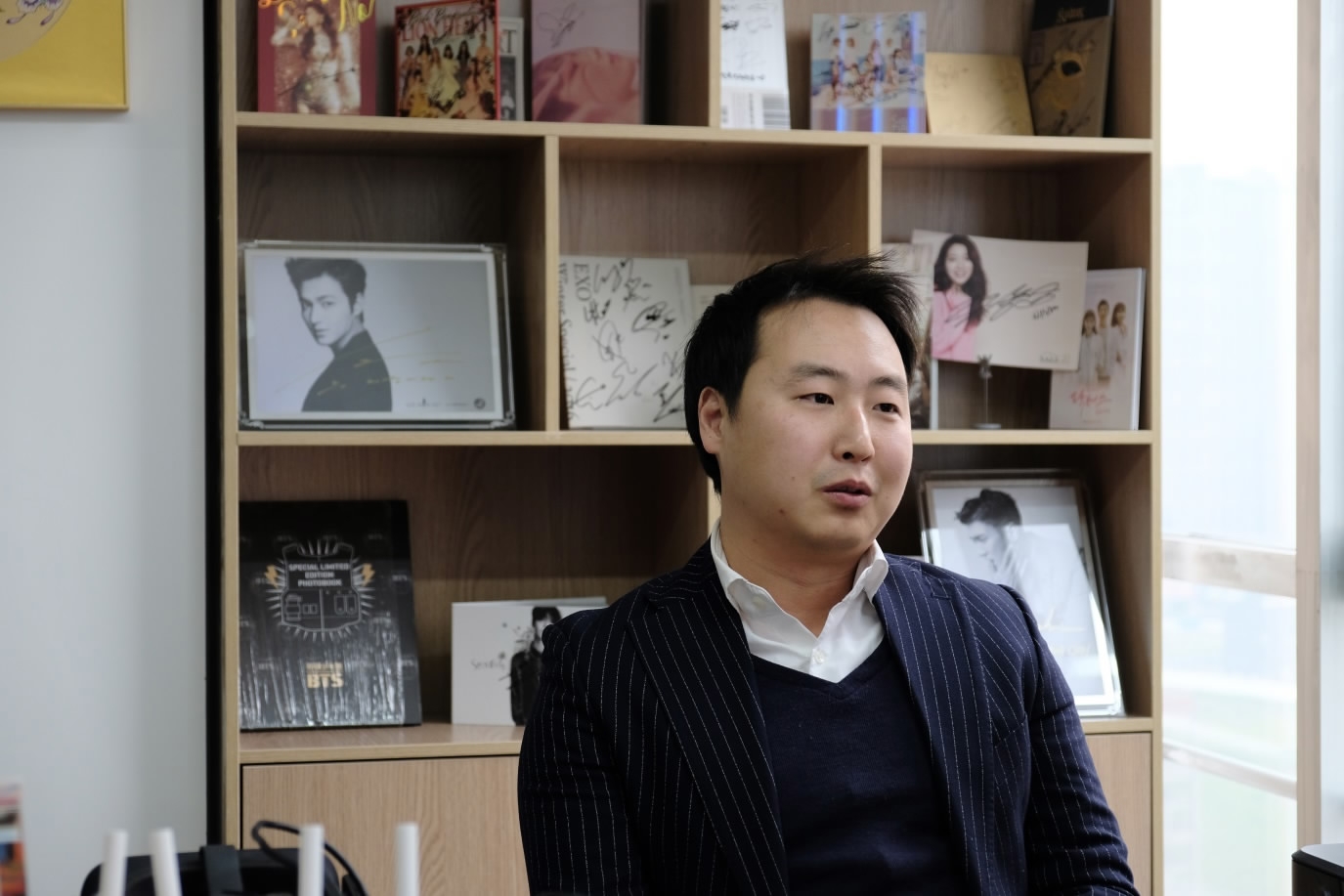
Business
23:21, 14-Dec-2017
Businesses hope for improved China-ROK relations
By CGTN‘s Wei Lynn Tang

As South Korean President Moon Jae-in continues his first state visit to China, South Korean businesses operating in China are hopeful for a positive, win-win outcome between the two countries.
It’s not hard to understand why.
The share of South Korean exports to China – a hefty 25 percent – has been decreasing. The same goes for China’s share of exports to South Korea, which came in at 9.4 percent in the first half of 2017 – the lowest since 2014.
While South Korea’s deployment of THAAD was partly to blame for plunging sales of big S.Korean names such as Lotte Group and Hyundai in China, this dampened sentiment has trickled down to small businesses as well.
Diversifying revenue streams
Chanmee Jung, a South Korean entrepreneur who has been doing business in Chengdu for five years, also felt the pinch, having had to call off launching her online-platform project as a South Korean investor pulled out.
“But, we managed to find another product which is an electricity-saving solution. We got the distributorship in Western China market, and hope we can [eventually] expand to whole of China,” says Jung.
Principally starting with selling slow-juicers under the "Hurom Juice" brand, she went on to open juice cafes and later expanded into importing South Korean cosmetics – among other lifestyle products – into China.

South Korean entrepreneur Chanmee Jung has been doing business in Chengdu for five years. /CGTN Photo)
South Korean entrepreneur Chanmee Jung has been doing business in Chengdu for five years. /CGTN Photo)
Geopolitical tension aside, her store – located at the Jingrong Global Start-up Hub in Chengdu – gave her the push she needed to search for something in high-technology to remain relevant in the Chinese market.
And that is where her electricity-saving venture came in. The "chip," when inserted into the electricity dashboard, is able to save electricity waste. Presently used in Japan and Southeast Asia, she says this technology is still new in China.
Nonetheless, Jung believes lifestyle products can still be a sustainable business in China. She said it’s easy for Chinese to accept South Korean products and technologies because of cultural similarities.
It is evident in Jung’s tone that she has found a home in Chengdu.
The cheaper cost of living, cleanliness and foreigner-friendly atmosphere are some of the reasons that other entrepreneurs agree with her.
Cultural ties supersede bigger challenges
A South Korean creative cultural enterprise has also set its sight on Chengdu, citing its developing innovation industry which has shown favorable policies.
“Besides three years of free rent, there is also a kick-starting fund available for some start-ups. From what we understand, the local government will also focus more on policies relating to the music industry the next year,” says Jang Junyoung, general manager of Voda Media.
Voda Media – a TV, commercial and VR production company – is among the 982 incubation projects at the Jingrong Global Start-up Hub, where the China-South Korea Innovation and Entrepreneurship Park is also located.

Voda Media General Manager Jang Junyoung speaks on China-S.Korea cultural assimilation. /CGTN Photo)
Voda Media General Manager Jang Junyoung speaks on China-S.Korea cultural assimilation. /CGTN Photo)
The South Korean company, which found a Chinese partner in 2015, aims to open a music training institute in Chengdu by June next year and hopes to secure investor funding by March.
It also plans to penetrate the television and film industry in Beijing thereafter.
“China and South Korea are inseparable. I believe in due time, all problems will be settled. Our hope is for the cultural and music industry to further evolve through the assimilation of Chinese-South Korean culture,” Jang says.
As with trade, it’s not just about the exchange of goods, but also people, and these businesses are hopeful the China-South Korea kinship will improve.

SITEMAP
Copyright © 2018 CGTN. Beijing ICP prepared NO.16065310-3
Copyright © 2018 CGTN. Beijing ICP prepared NO.16065310-3